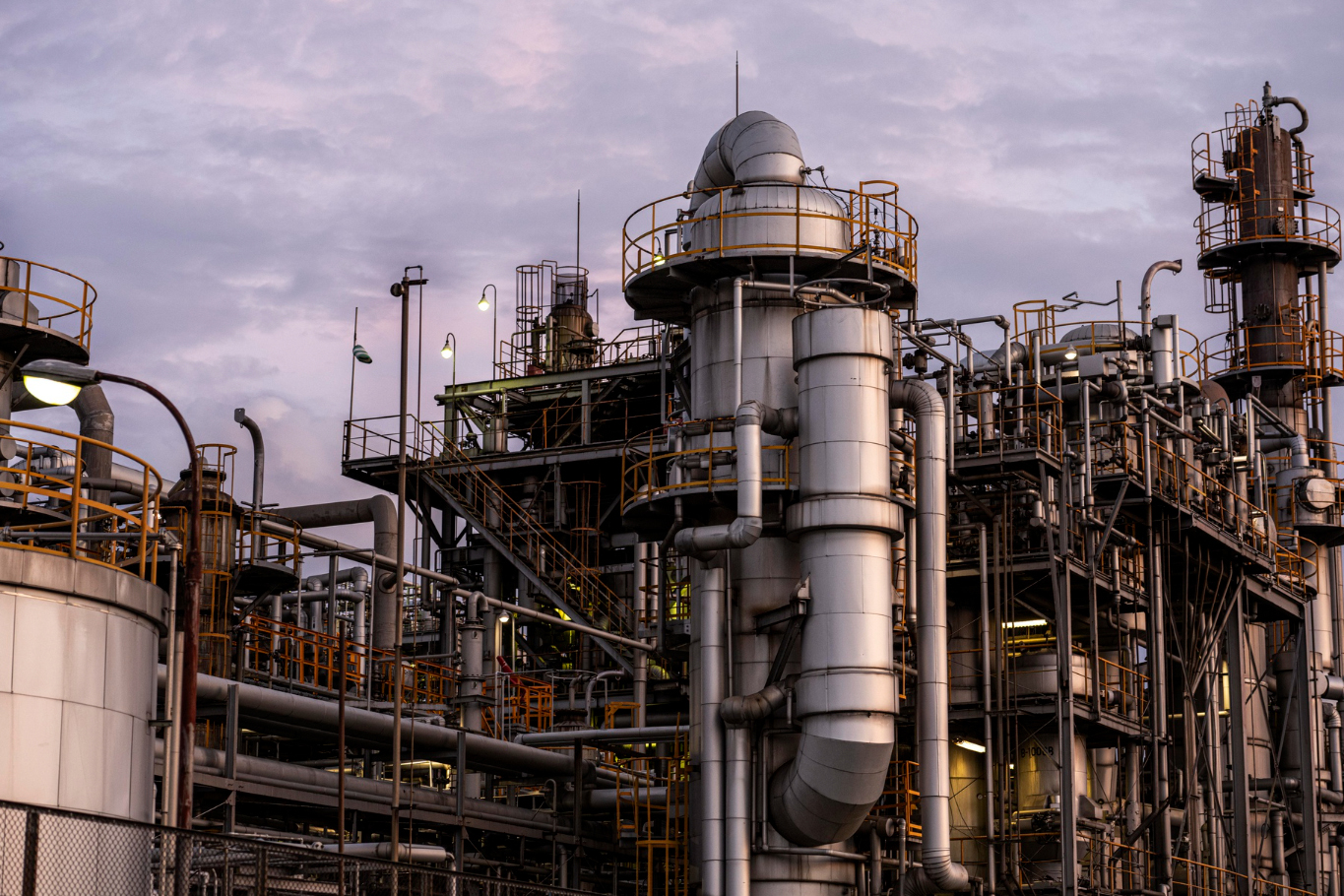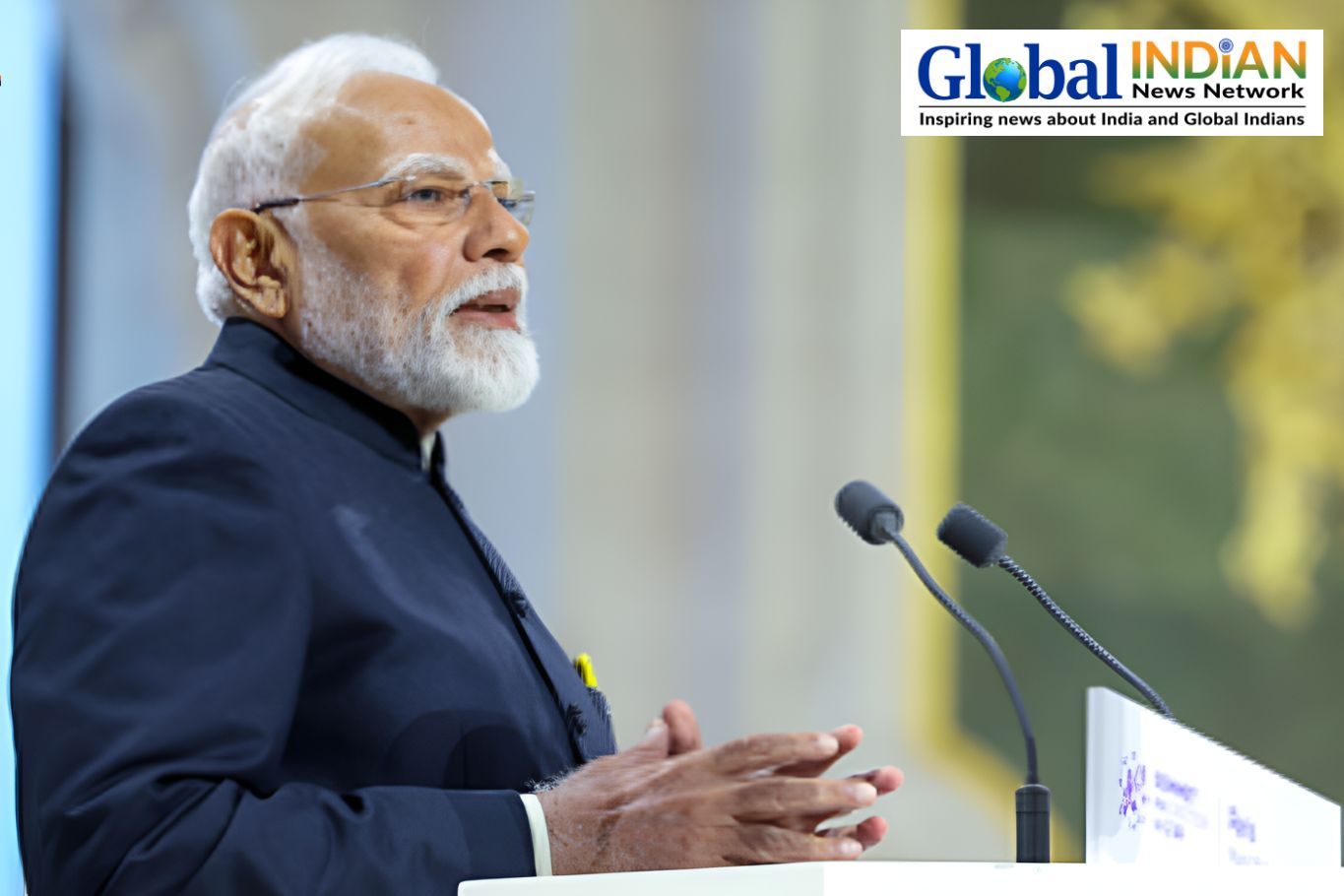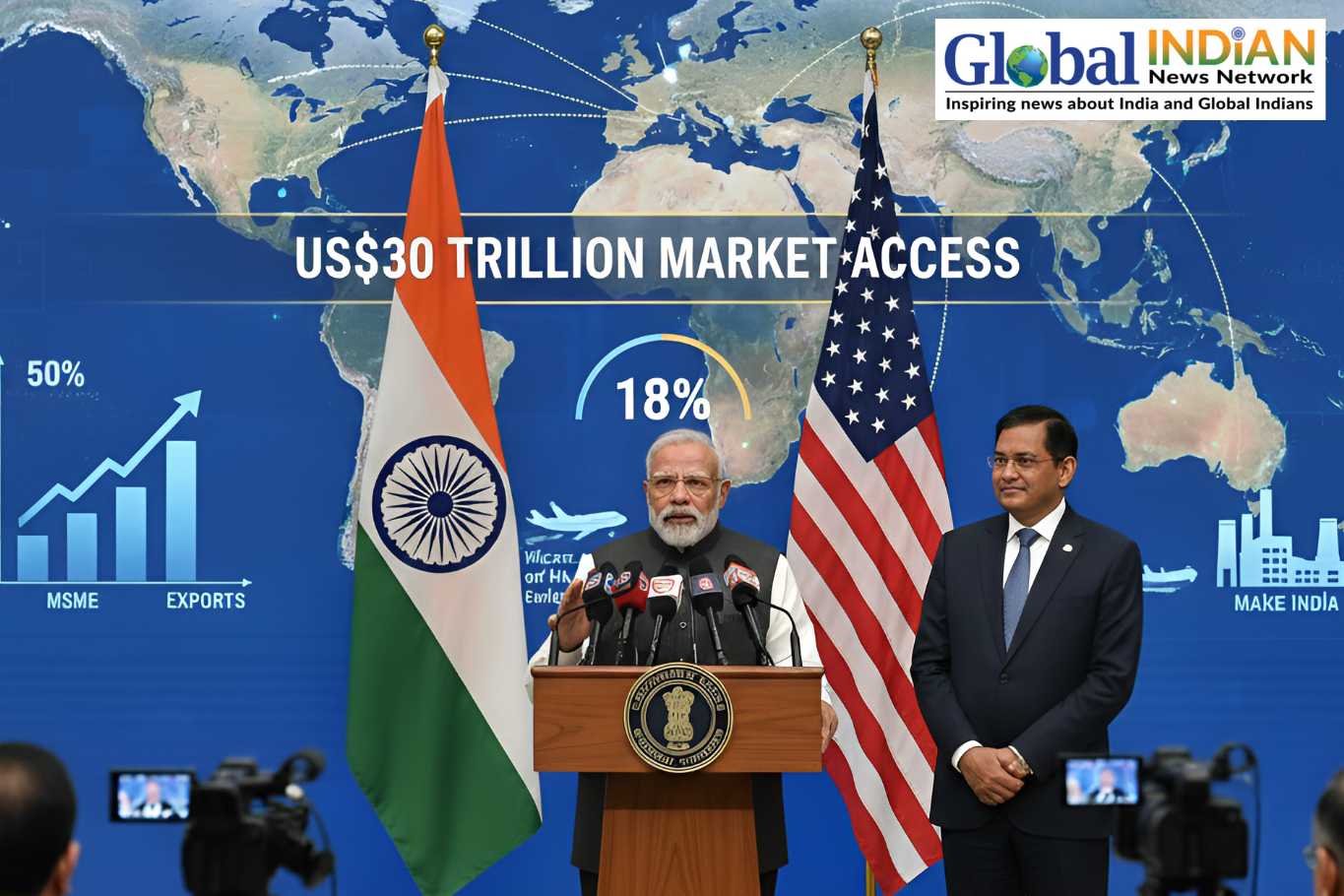
The petrochemical sector plays an essential role in India’s economic growth, fueling industries like plastics, textiles, and automobiles. With a market value of $220 billion, this sector contributes around 6% to the nation’s GDP. However, despite its size, India still imports nearly 45% of its petrochemical intermediates, showing a reliance on external suppliers.
To change this, the country is focusing on a comprehensive strategy that includes over $124 billion in planned investments. The goal is to cut down on imports and strengthen domestic production by implementing key initiatives such as rationalizing tariffs, improving infrastructure, and introducing production-linked incentives (PLIs).
Achieving self-reliance in petrochemicals will require a significant push for innovation, especially through advanced technologies like Artificial Intelligence (AI) and high-performance computing. These technologies will aid in developing more cost-effective and sustainable production methods. Additionally, enhancing the manufacturing infrastructure, establishing petrochemical hubs, and reworking duty structures are essential steps to bolster domestic production capacity.
By addressing these key challenges, India is well on its way to transforming its petrochemical sector, creating a foundation for growth that could establish the country as a global leader in manufacturing, ultimately supporting the vision of Atmanirbhar Bharat.









